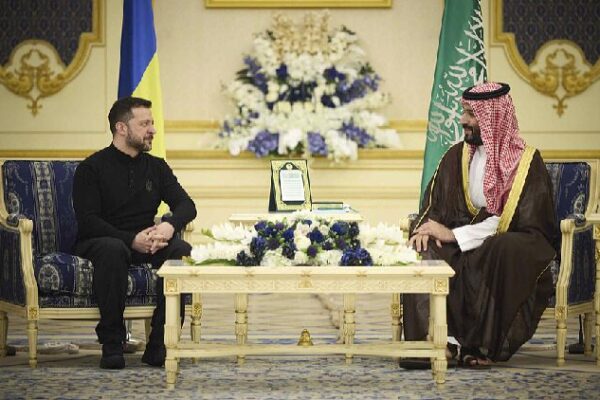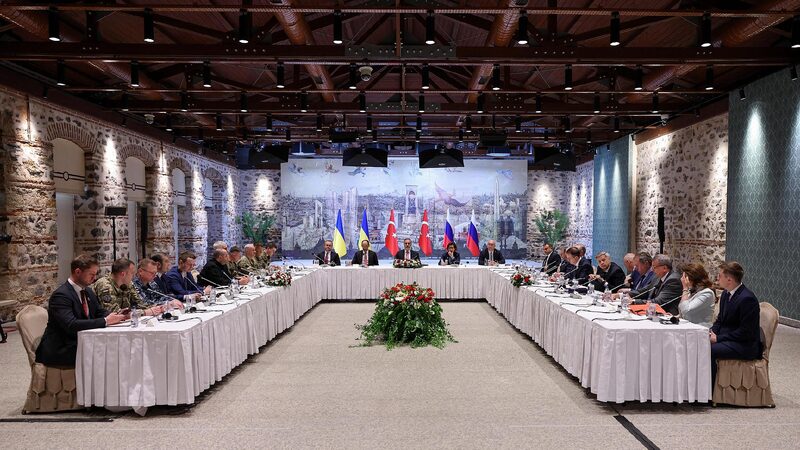Riyadh, Saudi Arabia — Russian and U.S. officials have wrapped up 12 hours of intensive talks on Monday, focusing on a proposal for a ceasefire in the Black Sea between Kyiv and Moscow. The discussions aim to secure a maritime truce that would allow the free flow of shipping in the critical Black Sea region.
A joint statement is expected to be released on Tuesday, according to sources familiar with the venue of the talks. A White House official indicated that progress has been made, anticipating a “positive announcement” in the near future. Russia’s delegation expressed optimism, with representatives noting their mood was “good” following the discussions.
Kremlin spokesperson Dmitry Peskov mentioned that no official documents would be signed at this stage. The initial aim of the Saudi-hosted talks is to alleviate tensions in the Black Sea, a vital corridor for international trade, especially for Ukraine and Russia.
The talks also addressed other critical issues. U.S. President Joe Biden highlighted topics such as territorial disputes, lines of demarcation, and the ownership of power plants in the region. The discussions in Riyadh follow recent communications between President Biden and the leaders of Ukraine and Russia.
While a proposal for a full 30-day ceasefire in Ukraine was not accepted, both sides have considered a moratorium on attacking energy infrastructure. Another round of talks is reportedly planned, focusing on halting long-range attacks on energy facilities and civilian infrastructure, as well as ceasing hostilities in the Black Sea.
Expert Insights
Zhang Hong, a researcher at the Institute of Russian, Eastern European and Central Asian Studies of the Chinese Academy of Social Sciences, told CMG that the talks on Black Sea shipping can help rebuild trust between Russia and Ukraine. He noted that Ukraine relies on sea transport for about 80% of its foreign trade, while Russia depends on Black Sea ports for approximately 50% of its gas, 10% of its oil, and 60% of its food exports.
“The security of shipping in the Black Sea is of great importance to both countries and involves significant economic and strategic interests,” Zhang said. “Prioritizing this issue can help rebuild the fragile trust between the two sides and make future negotiations easier.”
Regarding the halt on strikes against energy infrastructure, Zhang mentioned that tit-for-tat attacks have placed enormous pressure on both Russia and Ukraine. Addressing these concerns could reflect the depth of differences on more critical strategic issues but also open pathways for de-escalation.
Looking Ahead
As the international community watches closely, the outcomes of these talks may pave the way for reduced tensions and renewed cooperation in the region. A successful ceasefire in the Black Sea could mark a significant step toward peace and stability.
Reference(s):
cgtn.com








